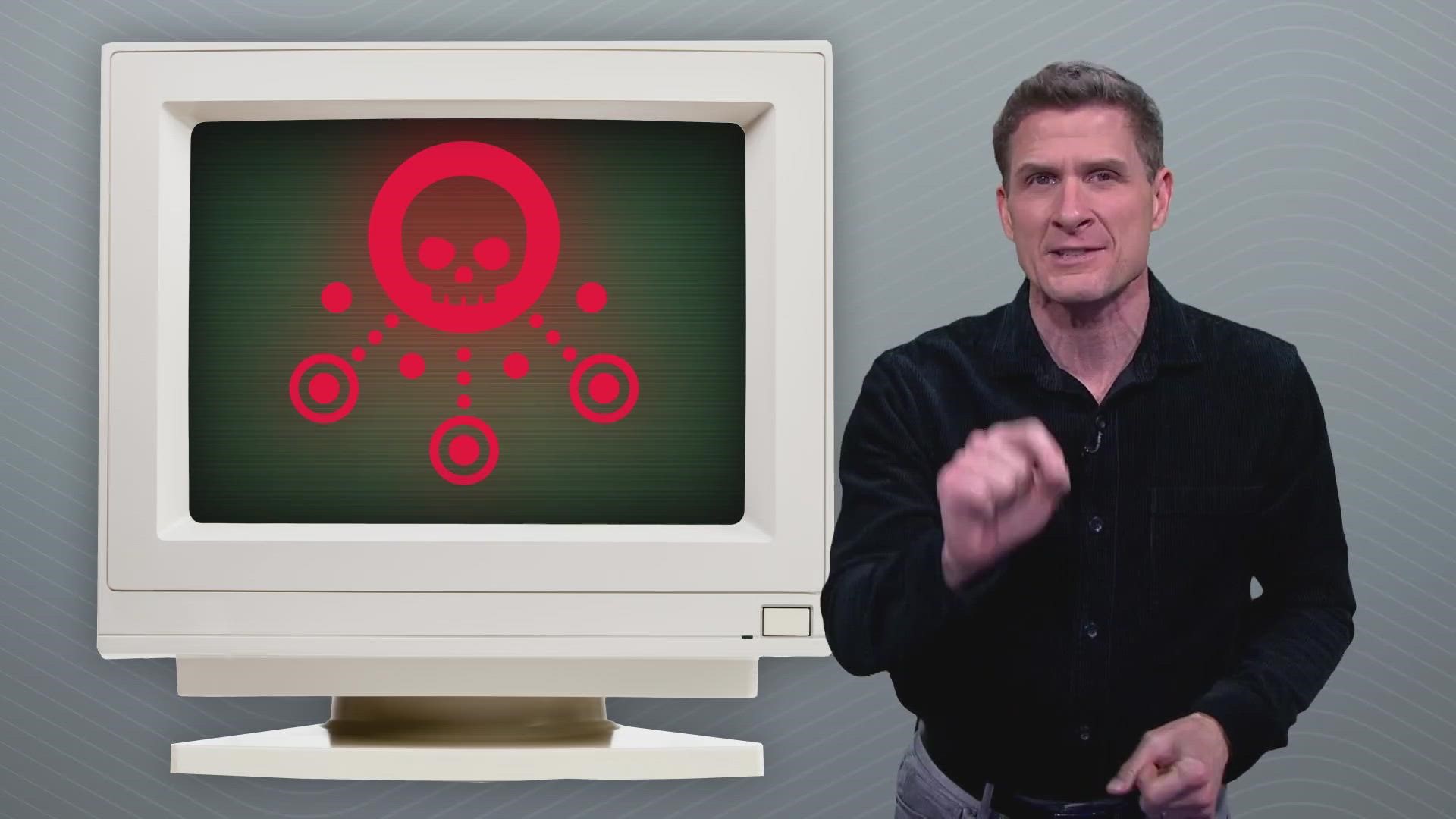DALLAS — It is back from the dead! The website of DCAD—the Dallas Central Appraisal District—is almost fully recovered from a devastating ransomware attack last November that shut down the functionality of the appraisal district's computer systems.
Officials there suspect an overseas outfit called Royal Ransomware is responsible. They say the FBI is investigating.
That suspected cybercriminal group is the same one that reportedly attacked the appraisal district in Austin a few months ago. Separately, the appraisal district in San Antonio was also reportedly hit with ransomware last year.
This is a big problem. In fact, they’re planning a special panel discussion about lessons learned from all of this when the Texas Association of Appraisal Districts convenes its annual meeting in Dallas later this month. DCAD has quite a story to share.
Recovering from ransomware cost the Dallas property appraisal district a lot
Leaders at the Dallas appraisal offices think the hackers got in through an email that an employee clicked on months ago. They suspect the bad actors were in the DCAD system undetected for some time before they struck on election day last November, freezing the DCAD computer systems.
They say the bad actors threatened to make the records public, but that wasn't a great concern, since most records are publicly accessible anyway. Whoever took the data hostage then locked the files and demanded $1 million. DCAD balked at that figure, but through an intermediary, eventually paid a ransom of $170,000 in cryptocurrency.
After that, the cyber crooks gave DCAD a digital key to unlock the system. But it only partially worked. So, information technology experts have been rebuilding the servers.
The appraisal district just hired outside companies to monitor their system 24/7 for anything suspicious. They have also hired a firm to help back up all their files offsite in case this ever happens again. Before, those records were not backed up elsewhere.
In total, DCAD estimates this has cost them somewhere under a half million dollars. They tell us it was paid out of their emergency fund, and that this is the first time in 40 years they’ve had to dip into that account.
The appraisal district's website is back up, but there's a document backlog
The DCAD website is back up. Even with most functions recovered, some things, like homestead exemption applications, have still been hard to access. But officials assure people who wanted to have those filed at the start of the year that they are retroactive for a long period.
If you emailed DCAD between Nov. 8, 2022, and the beginning of February 2023, they probably didn’t get that correspondence. But the emails are now working again. And starting this week, DCAD expects roughly 300 computers at its offices to be fully scrubbed and operational.
Workers at the appraisal district will now start entering thousands of documents that have piled up for months while the system was downed by ransomware. They’ll be updating property records, exemption applications, deeds, and judgments from last year’s appraisal lawsuits and arbitrations. They say they will enter them in the order received, and expect to be done by mid-April.
They advise property owners to give it another month, then go onto the site and look up their account to see if all is right. In the meantime, you probably don’t want to call. DCAD’s phone lines got lit up last week. They received 1,500 calls on Monday and a thousand more on Tuesday. Aside from the always busy appraisal protest season, the call volume last week set new records.
Appraisals delayed
Because of the ransomware shutdown, the work to get the system back up and running, and the record entry backlog, DCAD says this year’s property appraisals will go out a week later than usual on April 21. So, your protest window extends to May 22 this year.
Much of the property owner information that DCAD stores is publicly available anyway, but with ransomware attacks involving our information, DCAD adds it’s a good idea for all of us to routinely check our credit reports for anything suspicious.
For some property owners the computer attack created extra problems
One property owner contacted WFAA because they were unable to get the required paperwork into the DCAD system to show that they had reached 65 years of age, which would allow them to spread out their property tax payments into four equal installments, instead of having to pay the full amount all at once.
DCAD says in some cases, it was able to help property owners manually by alerting the tax office that those people were eligible to pay in installments.

